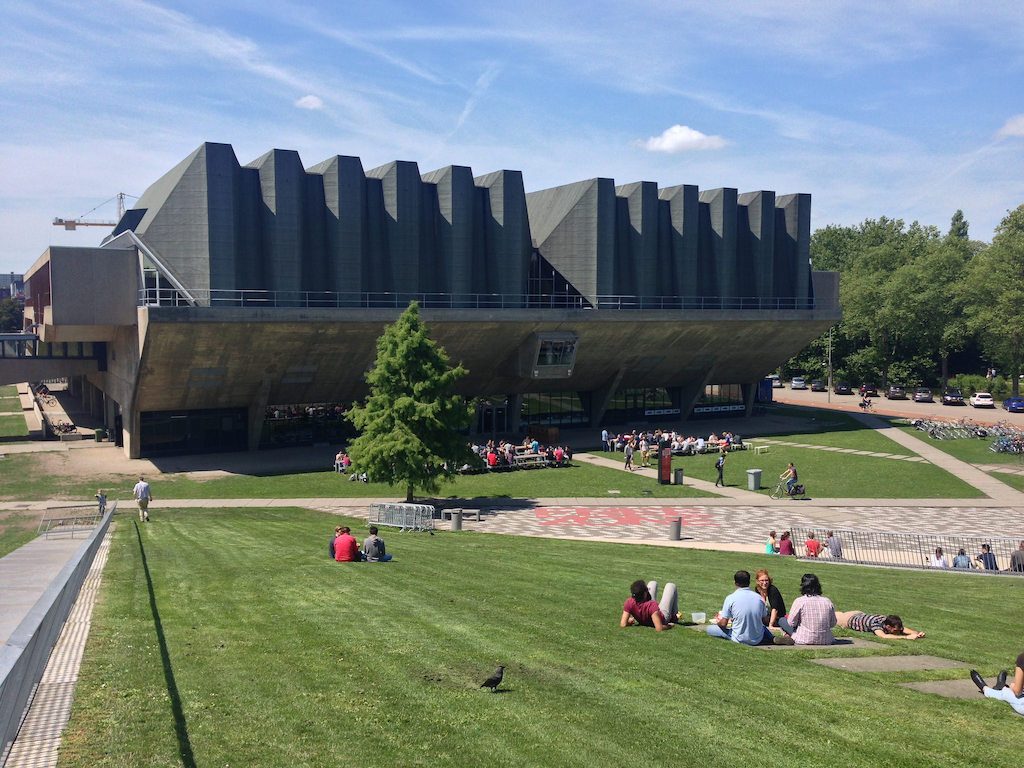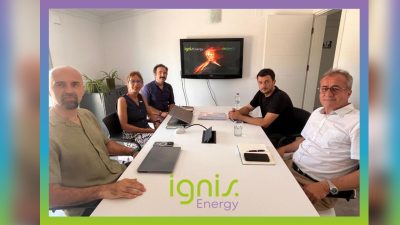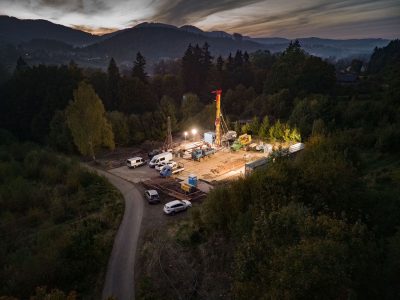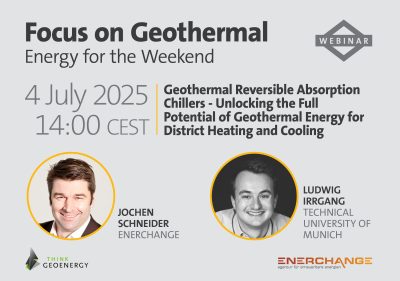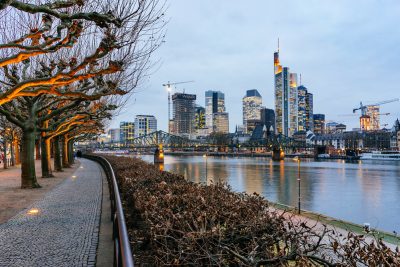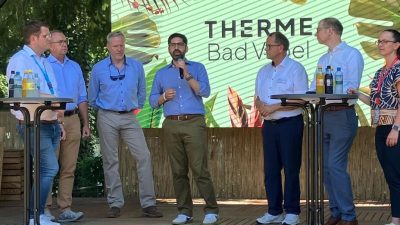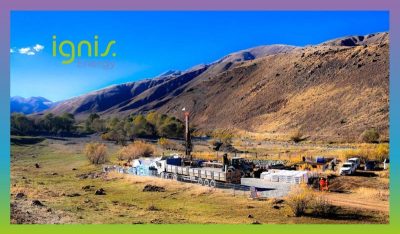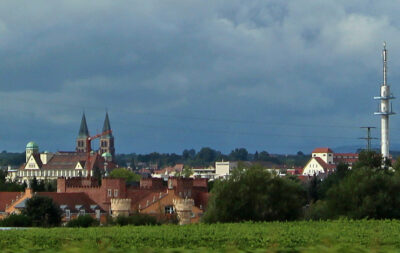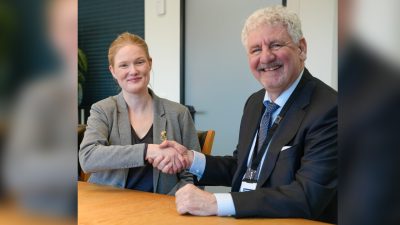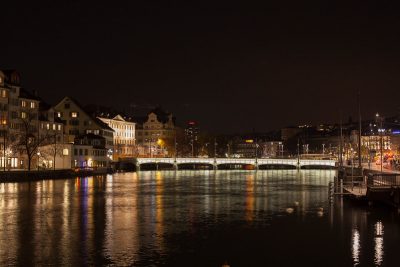Preparations ongoing for drilling of geothermal research well in TU Delft, Netherlands
The planned geothermal well in TU Delft will provide a one-of-a-kind research facility for addressing real-world risks and issues in geothermal development
After years of planning and research, preparations for the drilling of a geothermal research well in the Delft University of Technology (TU Delft) in the Netherlands are finally underway. Aside from being a top-notch research facility, the well will also provide sustainable heat to the university buildings.
We first reported on the plans of drilling a well for geothermal research in TU Delft back in 2018, although the idea had already manifested ten years prior. The goal of using the well as a “Living Lab” for geothermal research is still consistent with the more recent developments. By equipping the well with an array of measuring instruments, data collected from the well can be used to create more accurate simulations and reduce the overall risk of geothermal drilling.
“We know that we will never be able to predict everything exactly. Uncertainties will remain as rocks are a naturally variable material,” explained Geothermal Science and Engineering theme leader Phil Vardon. “But we aim to improve understanding and to understand how much uncertainty will remain. That reduces the risk of a geothermal project and it leads to better informed decisions on which projects to pursue.”
Water-rock interaction is one of the major research topics that will be studied with the well. When water comes in contact with the subsurface formation, the chemical composition of the water changes while also altering the rock properties. This phenomenon can result in several different outcomes. For instance, minerals deposited in the rocks can clog the pores of the reservoir and reduce permeability.
Vardon expects the research well in TU Delft will draw international attention and that it will help unlock the potential of geothermal energy. It will be an instrument for linking fundamental research and real-world problems and needs.
“A lot of the time studying things in the subsurface is kind of opaque. But by being able to visit the well facilities, it feels more real.” emphasizes Vardon. He also hopes that having a geothermal well on the university will encourage more students to pursue research in the geothermal sector.
Source: TU Delft
